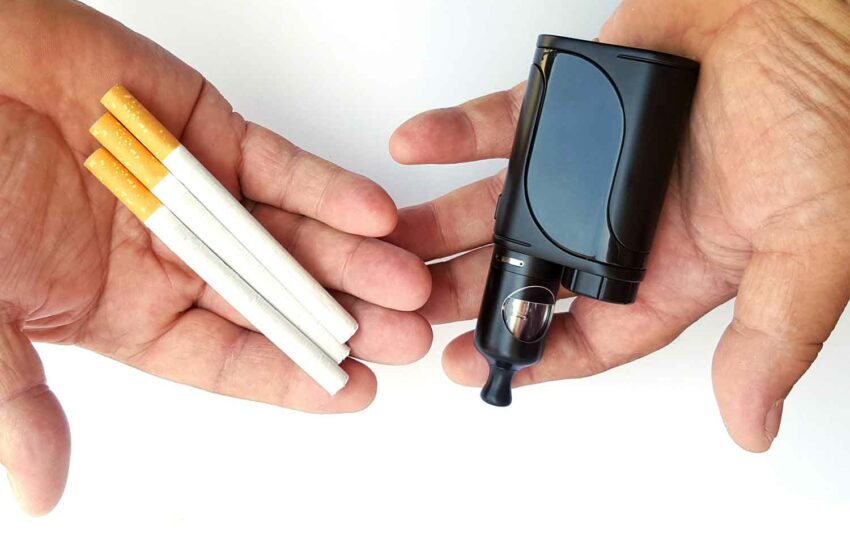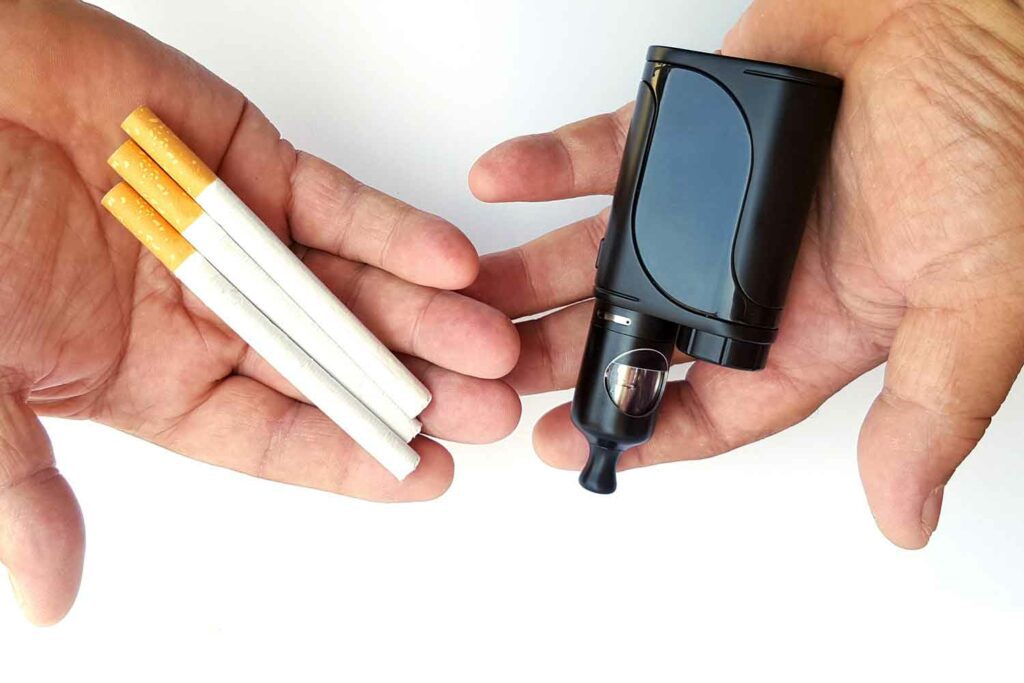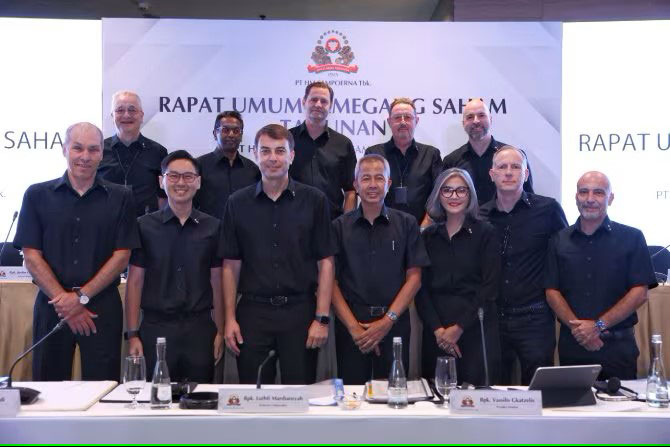
Frequent social media use is linked to an increased risk of youth using any tobacco product—including e-cigarettes—for the first time after one year, according to a new study led by Boston University School of Public Health (BUSPH) researchers.
Published in Addictive Behaviors, the study found that youth with no prior tobacco use who used social media daily were 67 percent more likely to begin smoking after one year, compared to youth who used these platforms less frequently. The results also showed that youth who actively engaged with tobacco marketing by liking or following content by major tobacco brands developed an even greater risk of first-time tobacco use.
“Our results add to a growing body of literature documenting the harms of social media use for this age group, as well as how commercial interests such as the tobacco industry are targeting kids on these platforms,” said study lead and corresponding author Lynsie Ranker, assistant professor of community health sciences at BUSPH, in a statement.
While the U.S. Food and Drug Administration expanded its regulatory authority over the marketing of new and emerging tobacco products in 2016, restrictions on tobacco advertising on social media is largely at the discretion of the social media companies, rather than government officials. The researchers also note that these restrictions primarily apply to paid promotional content with the platforms, leaving loopholes for branded accounts and marketers’ collaborations with influencers.
“Based on our research, social media platforms lack self-regulation,” says study coauthor Jessica Fetterman, assistant professor of medicine at Boston University Chobanian & Avedisian School of Medicine. “They have their own policies against tobacco marketing, yet many leading tobacco companies are able to maintain their own branded accounts to market their products. The government must step forward to regulate tobacco marketing on social media, just as they have done for other forms of media such as TV and print ads.”
While U.S. cigarette smoking rates have declined substantially among US youth since the mid-1990s, an estimated 10 percent of middle and high school students—2.8 million people—currently use at least one tobacco product, and many also engage in dual use, particularly with e-cigarettes.


















